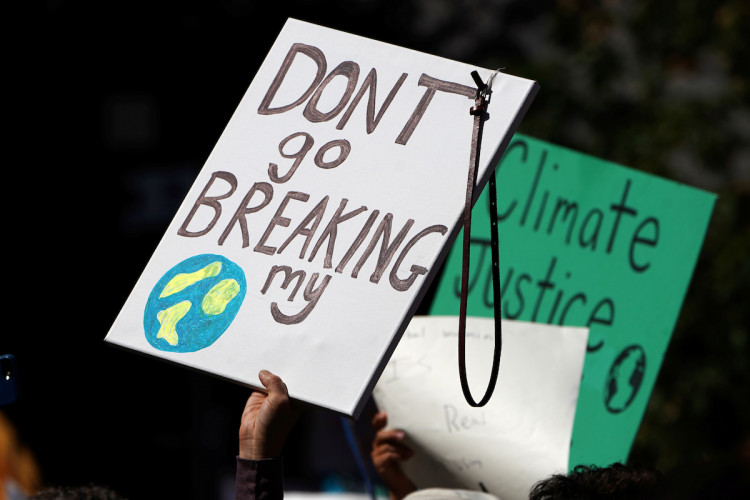A survey published on Thursday by Carbon Tracker found that almost all businesses most accountable for corporate greenhouse gas emissions do not identify potential financial risks associated with climate change.
It discovered that 98% of 134 companies, which it claims are collectively responsible for up to 80% of emissions, did not provide sufficient evidence that they had taken the impact of climate matters into account when preparing their 2021 financial statements. This was revealed in its second annual report on corporate disclosures.
According to Carbon Tracker, a think tank that studies the effects of climate change on financial markets, the absence of disclosures keeps investors in the dark and prevents markets from operating efficiently and allocating money appropriately, weakening attempts to decarbonize the global economy.
"When companies don't take climate-related matters into account, their financial statements may include overstated assets, understated liabilities, and overstated profits," Barbara Davidson, Carbon Tracker's head of accounting, audit, and disclosure and lead author of the report said.
Most audit reports examined by Carbon Tracker did not specify whether or how they took into account emissions reduction goals, regulatory changes, or a decline in the market for a company's products. The report discovered that auditors also do not take climate-related issues into account.
Regulatory organizations around the world want corporations to increase disclosure of climate-related risks and impacts in order to encourage investors to put funds toward initiatives to achieve targets of net zero emissions by 2050. According to Carbon Tracker, some progress had been made, demonstrating how adequate disclosure was attainable.
For instance, Glencore submitted pertinent data to support its goal of achieving net zero emissions by 2050.
"Glencore's financial statements are particularly illuminating - they show that in the event of a scenario like the IEA Net Zero Emissions by 2050, it would have to write down virtually all the value of its thermal coal assets," Rob Schuwerk, Carbon Tracker's U.S. executive director said.
Anglo-Swiss multinational commodity trading and mining business Glencore plc has its corporate headquarters in Baar, Switzerland. The oil and gas division of Glencore has its headquarters in London and its registered office in Saint Helier, Jersey. On May 2, 2013, Glencore and Xstrata merged to form the current business.
In the Fortune Global 500 list of the biggest businesses in the world as of 2015, it came in at number 10. Glencore International was listed as the 484th-largest public business in the world in the 2020 Forbes Global 2000. It is currently the largest commodity dealer in the world as of July 2022.






